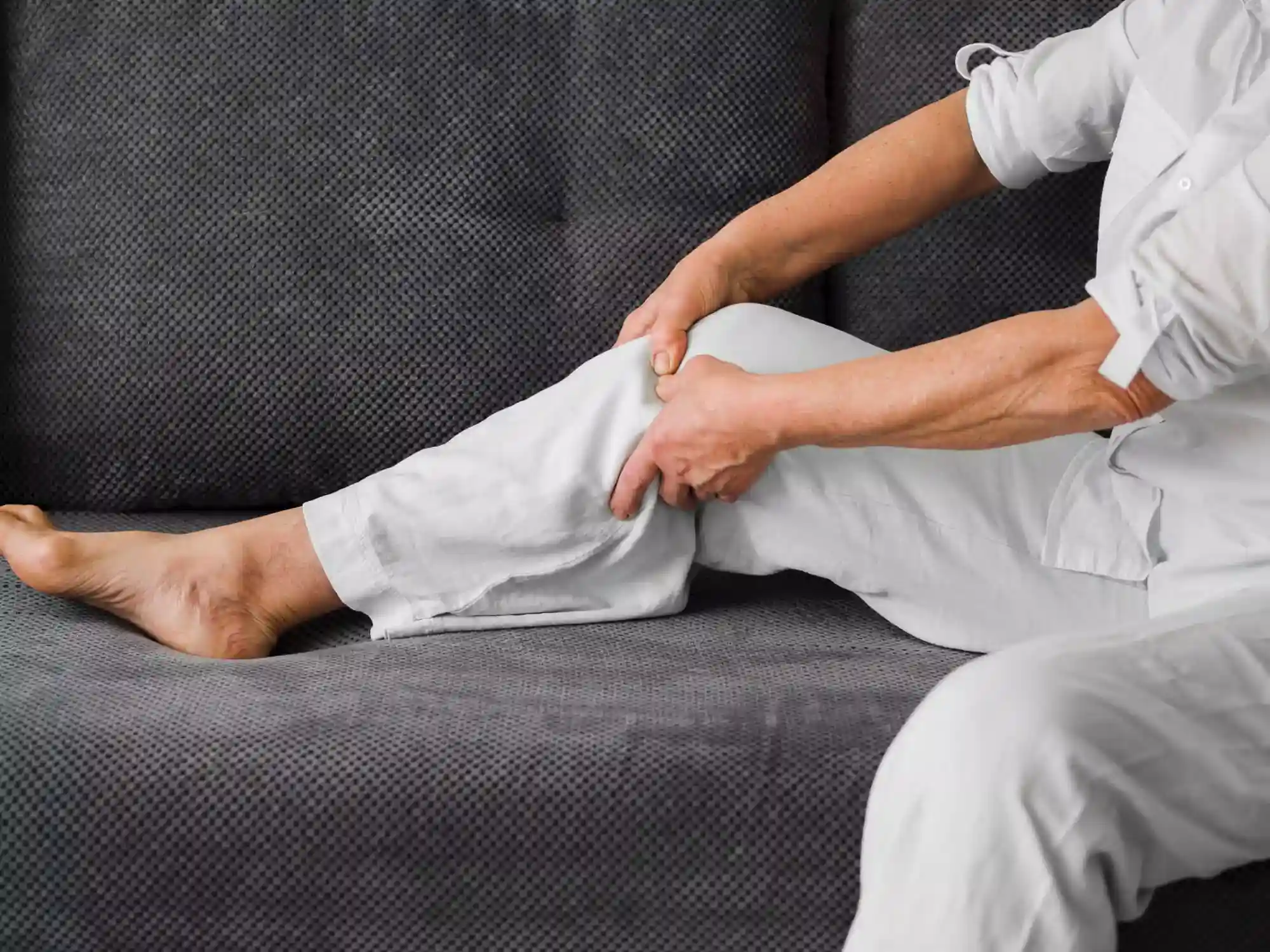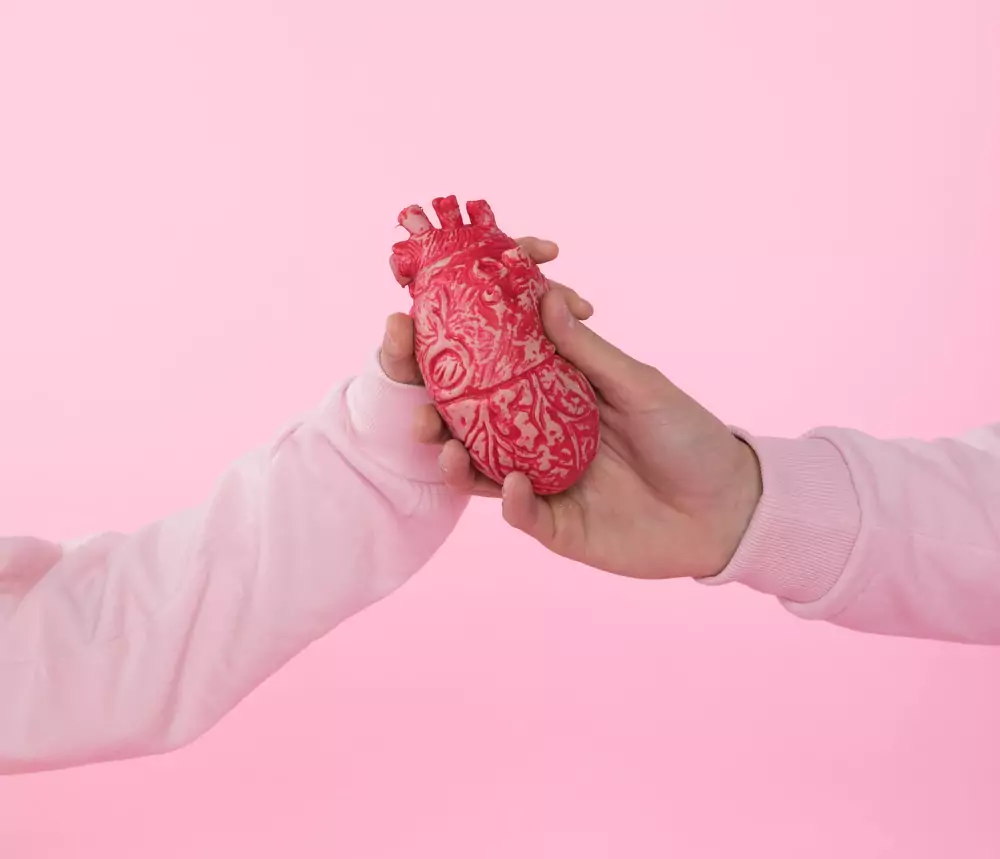Is Liposuction Right for You? Risks, Benefits, and What to Expect
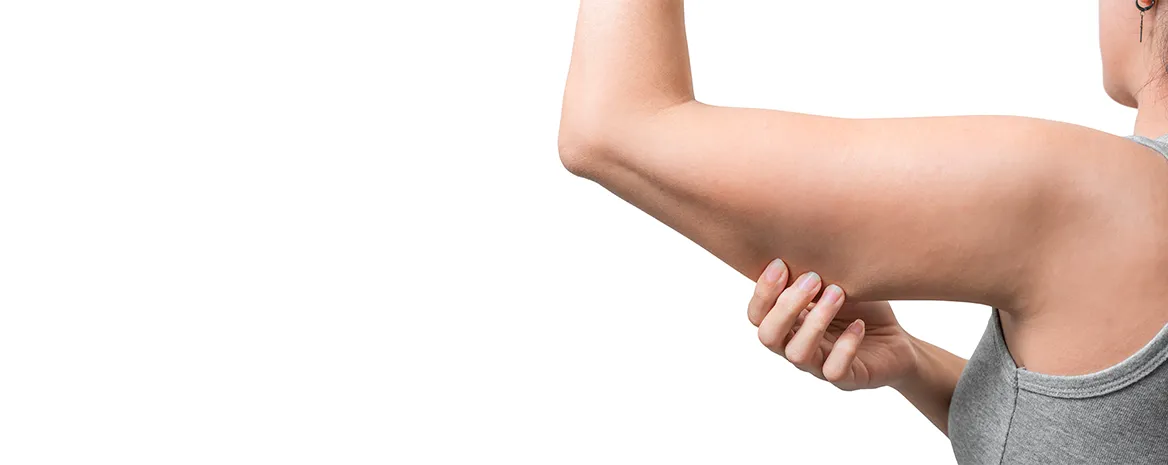
Introduction
The Rise of Liposuction in Medical Tourism
With advances in medical technology and a growing emphasis on body image, liposuction has become a sought-after cosmetic surgery not only in the United States but also worldwide. The field has seen remarkable innovations that offer safer and more effective results. This increased efficacy has led to an uptick in medical tourism for liposuction, with people traveling abroad to avail themselves of high-quality yet cost-effective procedures.
What Is Liposuction?
Liposuction is a surgical procedure that removes excess fat deposits to reshape specific areas of the body. Also known as lipoplasty or body contouring, the surgery can dramatically change a person's appearance and self-esteem.
Why Medical Tourists Choose Liposuction
- Cost-Effectiveness: Medical tourists often find that liposuction is far less expensive in other countries. Even with travel and accommodation costs added, the overall expense can be much lower.
- Expertise: Some countries have built a reputation for excellence in cosmetic surgeries, boasting highly skilled and specialized surgeons.
- State-of-the-Art Facilities: Many hospitals and clinics abroad offer cutting-edge technology and adhere to international standards.
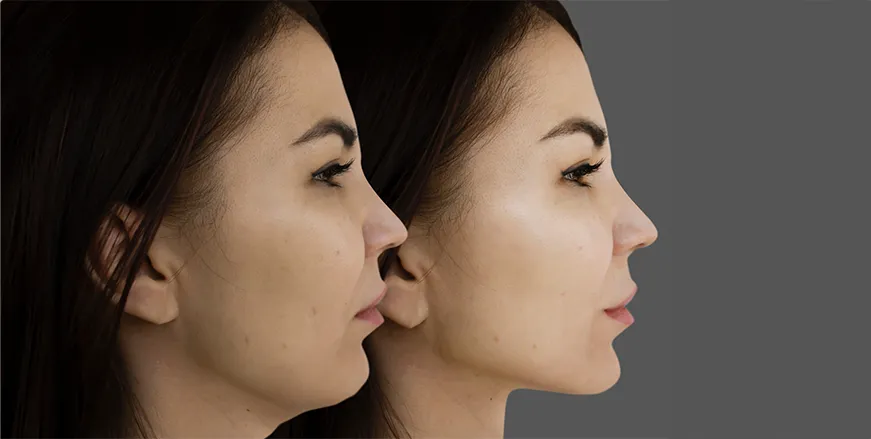
Who Is an Ideal Candidate?
Understanding Eligibility
It's crucial to note that liposuction is not a weight-loss method but rather a body contouring technique. An ideal candidate for liposuction typically:
- Has localized areas of excess fat
- Is within 30% of their ideal body weight
- Possesses good skin elasticity
- Is in good overall health
Contraindications
Certain individuals should avoid liposuction:
- Those with heart conditions or circulatory issues
- Pregnant or nursing women
- People with chronic health conditions like diabetes
Preoperative Guidelines
Medical Evaluation
Before undergoing liposuction, patients will typically go through a thorough medical evaluation, which may include:
- Blood tests
- Medical history review
- Physical examination
Pre-Surgery Preparations
- Fasting: Patients are generally advised to fast for at least 8-12 hours before the procedure.
- Hydration: Adequate hydration is crucial but must be balanced, as excessive fluids can lead to complications.
- Medications: Some medications and supplements may need to be discontinued before surgery, especially those that could increase bleeding.
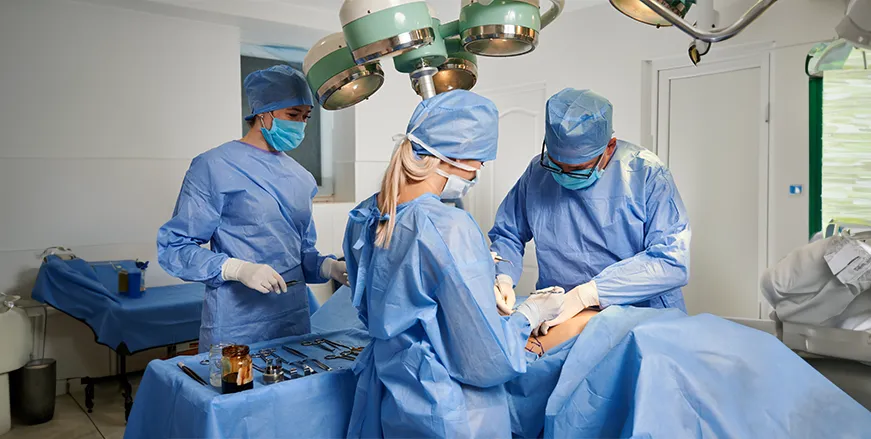
The Procedure
Techniques Involved
- Tumescent Liposuction: A solution containing anesthetic and vasoconstrictor agents is injected into the fatty area, making fat removal easier.
- Ultrasound-Assisted Liposuction (UAL): Ultrasonic energy is used to liquefy fat cells before removal.
- Laser-Assisted Liposuction (LAL): Laser energy is used to break down fat deposits.
Steps Involved
- Anesthesia: Local or general anesthesia is administered. Incision: Small incisions are made in the target areas.
- Fat Removal: A hollow tube, known as a cannula, is inserted to remove fat deposits.
Postoperative Care
Immediate Aftercare
After the surgery, patients will be moved to a recovery room for observation. You can expect:
- Compression Garments: To help reduce swelling, you'll likely wear compression garments for a few weeks.
- Pain Management: Pain medication may be prescribed to manage discomfort.
- Activity Restrictions: Limit physical activity for at least a week to allow for healing.
Long-Term Care
- Follow-Up: While it might be challenging for international patients to have frequent physical visits, virtual consultations can be effective. Scarring: Proper wound care can minimize scarring.
- Physical Activity: A gradual return to physical activities is usually recommended after 2–3 weeks.
Risks and Complications
What Could Go Wrong?
Though liposuction is generally considered safe, no surgical procedure is without risks:
- Infection: Though rare, surgical site infections can occur.
- Scarring: While surgeons aim for minimal scarring, some level is inevitable.
- Irregular Contours: Poor skin elasticity can result in uneven contours.
Frequently Asked Questions
Is Surgery My Only Option?
No, less invasive options like cryolipolysis and radiofrequency treatments exist, but they often require multiple sessions and the results may not be as dramatic.
What Are the Risks?
As outlined in the 'Risks and Complications' section, some of the primary concerns include infection, scarring, and irregular contours.
What Kind of Post-Operative Care Will I Need?
Virtual follow-up visits can be particularly useful for international patients, as described in the 'Postoperative Care' section.
Should I Seek a Second Opinion?
Getting a second opinion is generally advisable, especially for a surgical procedure that can have long-term aesthetic and health impacts.
Conclusion
Liposuction can be a life-changing procedure that offers body contouring solutions for those struggling with stubborn fat deposits. While the procedure has its risks, choosing a reputable facility and following postoperative guidelines can greatly minimize complications. For international patients, medical tourism opens the door to high-quality yet affordable liposuction options. It's important to thoroughly research and consult with healthcare providers to make an informed decision.
References
Immediate Aftercare and Pain Management: American Society of Plastic Surgeons. (2021). "Liposuction Recovery." Retrieved from ASPS website Long-Term Care: Mayo Clinic. (2020). "Liposuction: What You Can Expect." Retrieved from Mayo Clinic website Risks and Complications: U.S. Food and Drug Administration. (2019). "Liposuction: Learn About the Risks." Retrieved from FDA website Non-Surgical Alternatives to Liposuction: Harvard Health Publishing. (2021). "Noninvasive procedures for fat removal." Retrieved from Harvard Health website Importance of Second Opinions: Journal of Plastic, Reconstructive & Aesthetic Surgery (2019). "The Role of Second Opinions in Plastic Surgery." DOI: 10.1016/j.bjps.2019.01.007 Quality of Life Post-Surgery: Aesthetic Surgery Journal. (2018). "Quality of life improvement after liposuction: A prospective study." DOI: 10.1093/asj/sjx246
